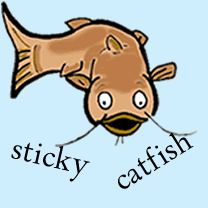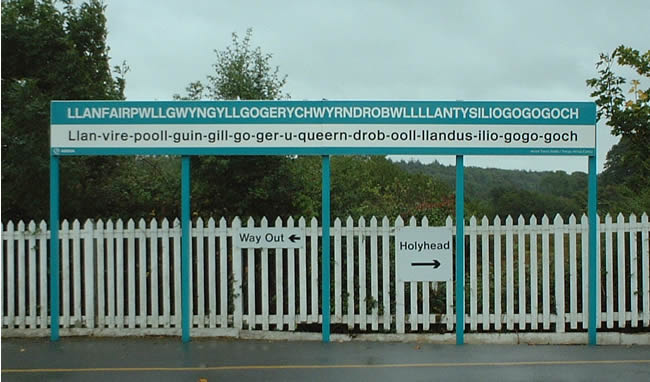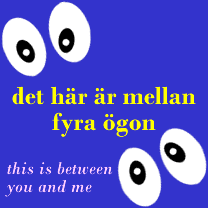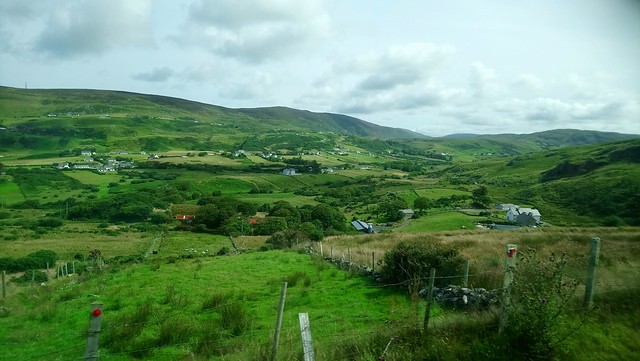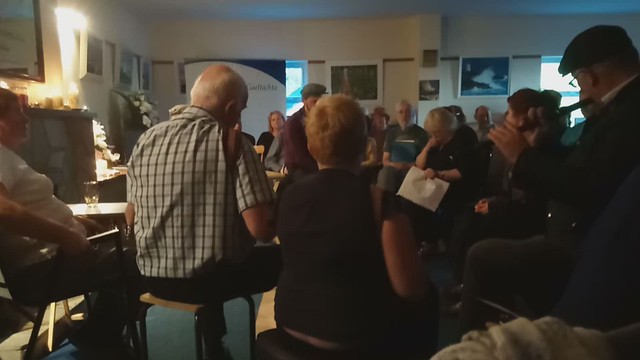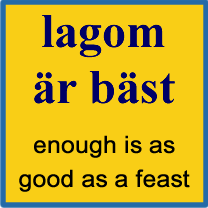My course at Sabhal Mòr Ostaig finished today, and I’ll be leaving tomorrow. I’ll stay at my Mum’s for a few days on the way home, and should be back in Bangor next Monday.
The course has been a lot of fun, and Joy Dunlop is a really good teacher. She’s strict about getting the pronunciation right, which is important, and uses interesting ways to describe the particular sounds of Scottish Gaelic. If we all knew phonetics and the IPA, it would be much easier.
We learnt 16 songs altogether in 5 days, which is plenty – in previous years here we’ve learnt over 30 songs in a week, which was maybe slightly too many. I like all the songs we did this time, and plan to continue singing at least some of them.
There were 16 of us in the class, although not everyone was there every day. I already knew some of the people from other courses I’ve done here, and it was nice to see them again, and to meet new people. Most were from Scotland, and other parts of the UK, plus two from Ireland, one from France and one from the Netherlands. We got on well together, and I think singing together is a great way to bond.
The class was taught mainly in English, with some bits of Scottish Gaelic now and then, and only a few of us speak much Gaelic. Outside the class I got to speak quite a bit of Gaelic with people who were studying and working here. I also spoke some French, Irish and Dutch.
Here are a few photos and videos from this year and previous years at Sabhal Mòr Ostaig:


